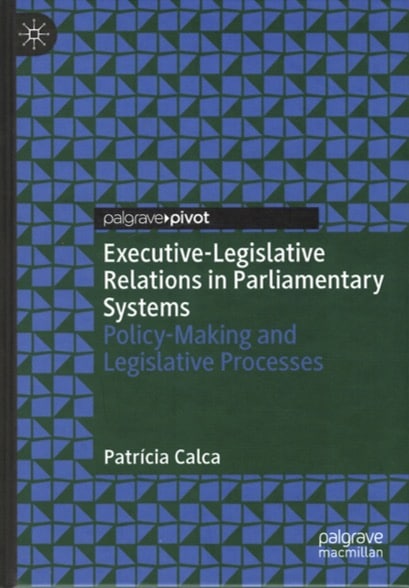Descrição
Analysing the conditions under which governments are more likely to present an executive law or a government bill, this book addresses a central aspect of the decision-making process of public policies.
Drafting legislation is an important action to achieve specific policy goals, and the path chosen for this process is part of governmental strategy. This book presents a new theoretical explanation of how executives wield legislative power, based in a formal model. The model is tested using new data from Portugal.
It shows that in political systems where one of the political actors has veto powers which can easily be overridden, the type of parliamentary majority is the main consideration for the government’s choice of legislative instrument. More specifically, when a government does not have the majority in parliament it is more likely to propose an executive law, and contrary, when a government has a majority in parliament, it is more likely to propose a government bill.

